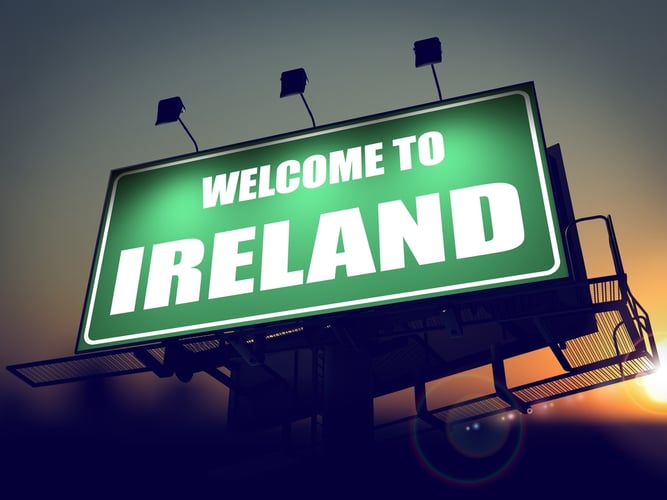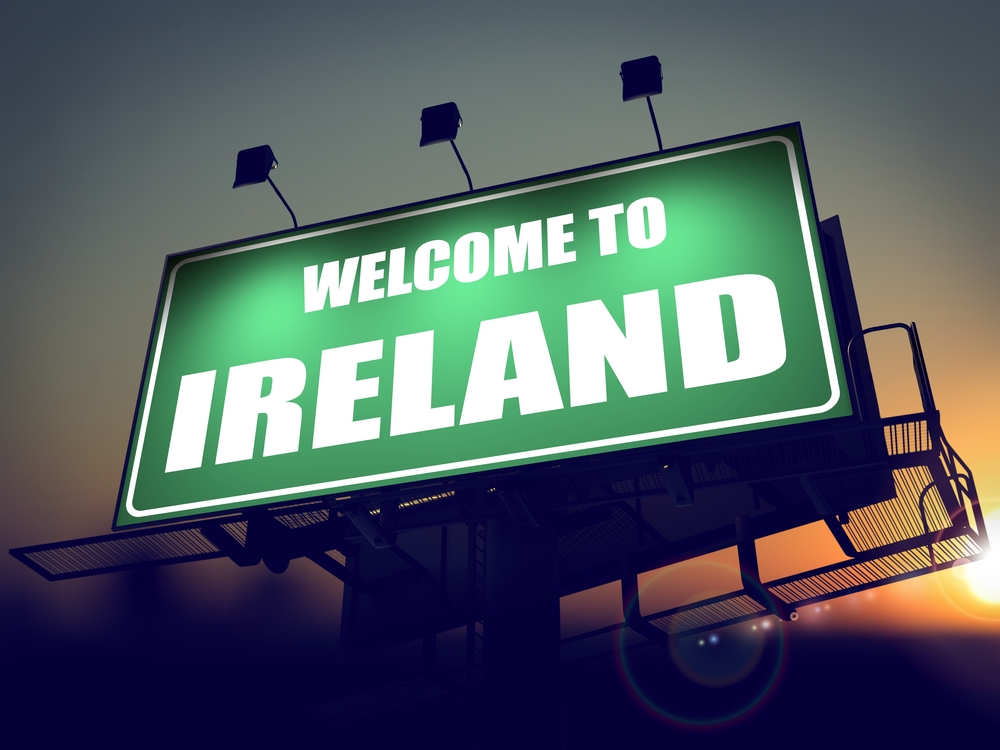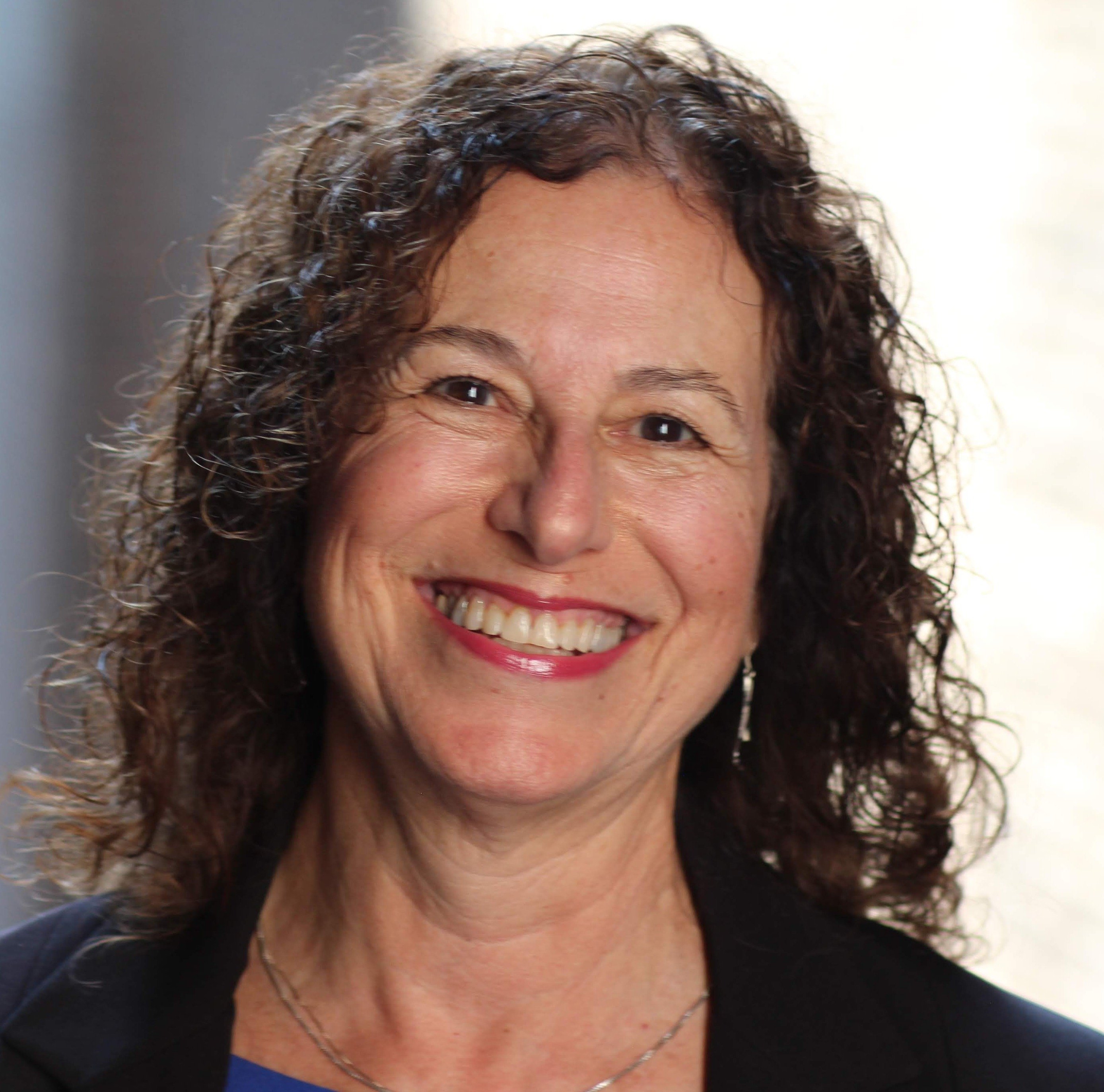
Recently I had the opportunity to spend a week doing workshops with a dynamic, wholeheartedly dedicated group of youth facilitators in Dublin, Ireland. It was my second time in Dublin, the first being only a year ago, and I thought I had a sense of the city center. This was confirmed on my third or fourth day there when, walking down a street, I was asked for directions by some visitors to Dublin—who were Irish! Thus I presumed that I looked like I knew where I was going, and made the assumption, which I relished, that I was passing for a Dubliner.
In hindsight, this is the same as a visitor to NYC spending a few days’ time in some well-known Manhattan neighborhoods, like Union Square and the west village and Times Square and Bryant Park, and maybe venturing into Brooklyn to Prospect Park or the Brooklyn Museum, and thinking she has a sense of what it’s like to live in NYC and could believably pass herself off as a New Yorker. I would scoff at the idea!
I realize that blending in with the ‘natives’, ‘passing’ even briefly for a citizen of the places I visit, has always been a source of gratification in my travels. On a five-day visit to Amsterdam, the only time I was ever there, I took great satisfaction in being able to request a taste of cheese in Dutch at a little cheese specialty shop. Never mind that it was very basic Dutch, likely pronounced only tolerably, and that I don’t remember a syllable of it now. In that moment, I was not your typical tourist!
Why, I began to wonder, do I have such an aversion to being recognized as a tourist? Why do I basically loathe tourist-oriented activities, like the Viking amphibious tours of Dublin? Why do I shrink in horror at the thought of singing “Molly Malone” at the top of my lungs wearing a Viking helmet? After all, it might be hilarious fun!
Looking at the question behind this question, ‘what is it I do like about traveling to someplace new and different?’, seems to hold the key to the answer. It’s a genuine contact with people and how they live, like the honor of being invited to someone’s home. It’s making real connections that offer an insight into a culture, and the ways, albeit small, that it differs from what I know and do. It’s discovering the subtle distinctions in what people typically eat for breakfast, or which fish they buy fresh in the market and how they cook it for dinner. It’s falling into the rhythm of day-to-day life in a different town or city. Connecting with all this on a personal level broadens my horizons in ways that nothing else can.
There is a kind of recurring fantasy I have: that everyone in the USA and in geographically large countries around the world will live in another country for at least three months. That they will be exposed to a foreign language, different foods and beverages, an unfamiliar daily rhythm of life, and that in so doing, global understanding will grow, and fear of the unfamiliar—the different, the other—will diminish. Imagine how much healthier and more peaceful the world would be when people feel not threatened, but intrigued by other cultures.
It may not be the only avenue to better understanding among peoples, but what a gift it would be to each other, visiting and hosting worldwide—deepening our understanding of people half a world away. If a mere seven days with a small group of warmhearted Dubliners can awaken these ideas in me, imagine what could happen if everyone gave it a real go. Just imagine.
Images courtesy of Lucille Rivin photos and Google Images. Excerpt from "Get Together" by The Youngbloods.




Comments [0]
Click here to read/write comments